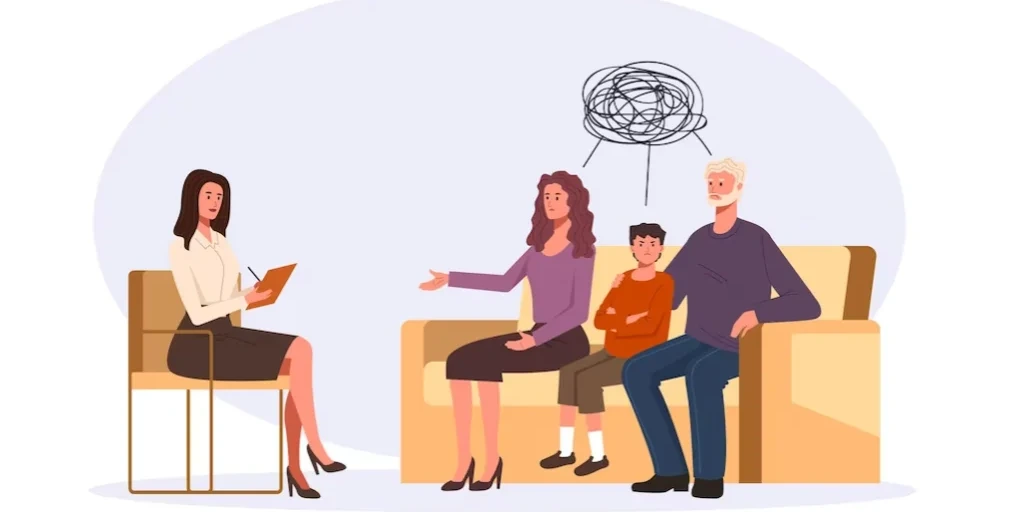24/7 Helpline:
(866) 899-221924/7 Helpline:
(866) 899-2219
Learn more about Medication-assisted Treatment centers in Owingsville
Medication-assisted Treatment in Other Cities

Other Insurance Options

Evernorth

BHS | Behavioral Health Systems

GEHA

American Behavioral

BlueCross

Kaiser Permanente

Holman Group

Ceridian

MVP Healthcare

United Health Care

Coventry Health Care

ComPsych

Health Choice

Optima

Regence

CareSource

State Farm

Humana

Magellan Health

Oxford

Pathways – Outpatient
Pathways – Outpatient is a private rehab located in Owingsville, Kentucky. Pathways – Outpatient spe...

Pathways
Pathways is a private rehab located in Owingsville, Kentucky. Pathways specializes in the treatment ...

Capital Recovery Center
Capital Recovery Center is a private rehab located in Olympia, WA. Capital Recovery Center specializ...

Community Youth Services
Community Youth Services is a private rehab located in Olympia, Washington. Community Youth Services...

True North Student Assistance Center
True North Student Assistance Center is a public rehab located in Olympia, Washington. True North St...

Alternatives Professional Counseling
Alternatives Professional Counseling is a private rehab located in Olympia, Washington. Alternatives...

Evergreen Treatment Services
Evergreen Treatment Services - Martin Way East offers outpatient services for individuals with alcoh...

First Things First 123
First Things First 123 is a private rehab located in Olympia, Washington. First Things First 123 spe...

Behavioral Health Resources
Behavioral Health Resources is a private rehab located in Olympia, Washington. Behavioral Health Res...

Olympia School District – Student Treatment
Olympia School District - Student Treatment is a student assistance program that offers support and ...















































































Olympia Alano Club
Olympia Alano Club is a non-profit rehab located in Olympia, Washington. Olympia Alano Club speciali...

Gruver and Associates
Gruver and Associates is an outpatient rehab located in Olympia, WA. Gruver and Associates specializ...

Fresh Start Housing
Fresh Start Housing provides a clean, safe and alcohol/drug-free environment for those who need or d...














































































